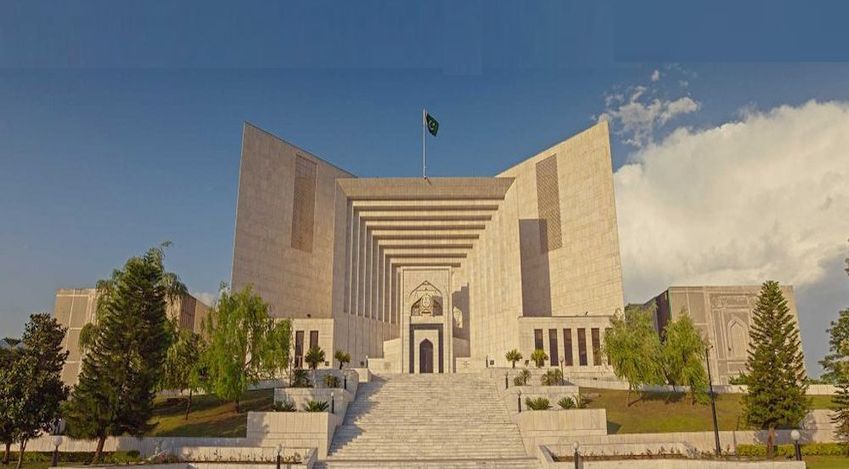The Supreme Court of Pakistan Ruled that Reserved Seats for Women and Non-Muslims must be allocated based on the Proportional Representation System
Islamabad 08-08-2024: In a landmark decision, the Supreme Court of Pakistan delivered a judgment on the contentious issue of the allocation of reserved seats for women and non-Muslims in the National and Provincial Assemblies following the general elections held on February 8, 2024. The case, which involved the Sunni Ittehad Council (SIC) and the Election Commission of Pakistan (ECP), brought forward significant constitutional questions regarding the proportional representation system.
The Court reaffirmed the constitutional mandate that reserved seats for women and non-Muslims must be allocated based on the proportional representation system. This system distributes seats according to the total number of general seats secured by each political party in the elections. The judgment emphasized that political parties that did not participate in the general elections cannot claim reserved seats merely through the joining of independent candidates after the elections.
A key aspect of the ruling was the declaration that the ECP's order dated March 1, 2024, which denied SIC the allocation of reserved seats, was ultra vires the Constitution and thus null and void. The Court underscored that the denial of an election symbol does not impact a political party's constitutional right to participate in elections and field candidates.
The Court reiterated its jurisdiction under Articles 175 and 185 of the Constitution, stating it could not extend beyond these provisions to grant relief that alters constitutional mandates. The judgment criticized the interpretation of constitutional provisions that attempt to create new rights or modify existing ones, emphasizing the necessity to adhere strictly to the Constitution's clear wording.
The ruling also highlighted procedural fairness, asserting that decisions impacting the rights of individuals or parties must ensure those affected are given a chance to be heard. The judgment noted that none of the independent candidates who joined SIC were part of the proceedings, raising concerns about the procedural validity of the decisions affecting them.
In maintaining the democratic principles enshrined in the Constitution, the Court held that the allocation of reserved seats should enhance the representativeness of the electorate, reflecting the true voice of the people in the assemblies. This principle is crucial for upholding the integrity and transparency of the electoral process.
While the detailed majority judgment is still awaited, the short order provided significant insights into the Court's reasoning and legal principles. The Supreme Court's decision to dismiss the appeals and petitions filed by SIC, upholding the Peshawar High Court's earlier judgment, reaffirms the procedural and substantive correctness of the ECP's actions in accordance with the Constitution and the law.
The judgment marks a pivotal moment in Pakistan's electoral jurisprudence, clarifying the legal frameworks governing the allocation of reserved seats and reinforcing the constitutional mandates that ensure fair representation in the country's legislative assemblies.








